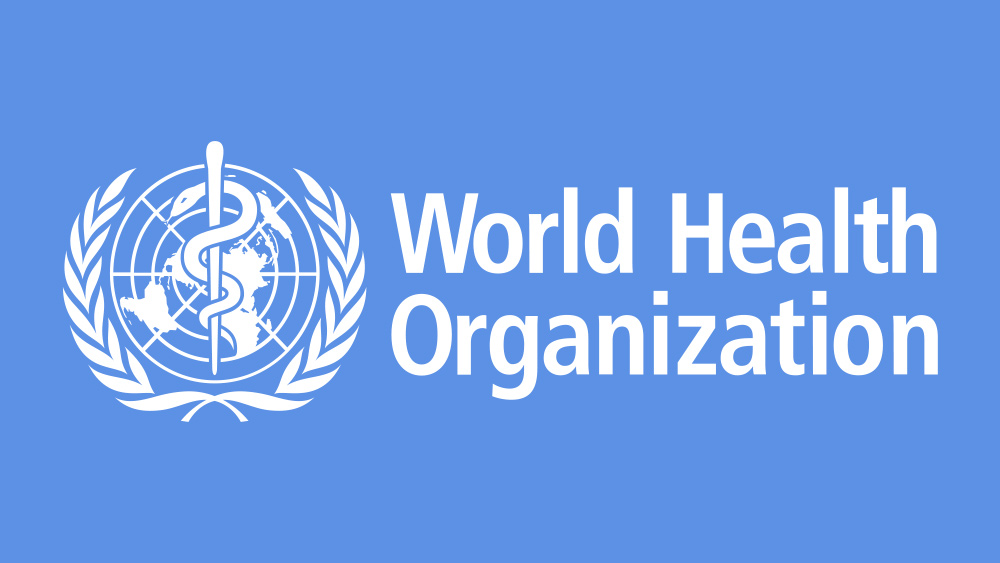- Argentinian President Javier Milei has ordered the country’s withdrawal from the World Health Organization (WHO), citing profound differences in health management and the organization’s lack of independence during the Wuhan coronavirus (COVID-19) pandemic that led to extensive and economically damaging lockdowns.
- This decision aligns with the previous actions of U.S. President Donald Trump, who also withdrew the U.S. from the WHO, criticizing the organization for mishandling the pandemic and being unduly influenced by China.
- Buenos Aires criticized the WHO for being swayed by the political agendas of powerful member states, emphasizing the need for a reevaluation of the role and effectiveness of supranational organizations and their impact on national sovereignty.
- President Milei’s government argues that withdrawing from the WHO will provide greater flexibility in implementing health policies tailored to Argentina’s needs and free up resources for domestic health initiatives, without resulting in a loss of health service quality or funding.
- Argentina’s decision is part of a broader trend in the region, with other countries adopting policies that emphasize national sovereignty, such as border security measures and trade protections. This move raises questions about the future of international health cooperation and the role of supranational organizations in global governance.
Argentinian President Javier Milei has ordered the withdrawal of Argentina from the World Health Organization (WHO), marking a significant shift in global health policy.
Milei, known for his libertarian views and strong stance on national sovereignty, instructed Foreign Minister Gerardo Werthein to formally withdraw Argentina’s participation in the global health body. This aligns with earlier actions taken by U.S. President Donald Trump, highlighting a broader trend among nations to reassess their commitments to international bodies.
Manuel Adorni, spokesman for the Argentinian president’s office, said the decision from Buenos Aires was driven by «profound differences regarding health management.» He emphasized that the WHO’s policies and recommendations during the Wuhan coronavirus (COVID-19) pandemic, which included extensive lockdowns, caused significant economic damage to Argentina. The country endured one of the longest and most stringent lockdowns globally, which many critics argue stifled economic activity and disproportionately affected the most vulnerable populations.
Adorni further elaborated on the lack of independence within the WHO, suggesting that the organization’s decisions are often swayed by the political agendas of powerful member states. This critique aligns with a broader skepticism of supranational organizations, which are seen by some as overstepping their bounds and infringing on national sovereignty.
The presidential spokesman nevertheless assured the public that Buenos Aires’ withdrawal from the WHO would not result in any loss of funds or a decline in health service quality. He argued that this move would provide «greater flexibility to implement policies» tailored to the country’s specific needs and «greater availability of resources» for domestic health initiatives.
The parallels with Washington’s withdrawal from the WHO are unmistakable. Trump criticized the global health body for mishandling the COVID-19 pandemic and alleged that the organization was unduly influenced by China. Trump’s executive order to withdraw the U.S. from the WHO cited «unfairly onerous» payments and a lack of independence from political influence. (Related: Trump withdraws U.S. from WHO, citing pandemic failures and unfair costs.)
Argentina’s withdrawal shows its commitment to national sovereignty and self-determination
The Argentinian government’s statement highlighted that the South American nation does not receive financing from the WHO for health management, further justifying the decision. «It reaffirms our path towards a country with sovereignty also in health matters,» Adorni concluded.
Argentina’s decision is part of a broader trend in the region, where several countries are adopting policies that echo Trump’s rhetoric on border security, trade and migration control. For instance, Argentina’s Ministry of National Security has announced plans to reinforce the border with Bolivia by erecting a 200-meter fence to combat drug trafficking.
Similarly, Ecuador has imposed a 27 percent tariff on Mexican goods to protect its domestic producers, and El Salvador has offered to imprison convicted criminals deported from the U.S. in exchange for a fee, aiming to make its prison system more sustainable.
The withdrawal of Argentina from the WHO raises critical questions about the future of international health cooperation and the role of supranational organizations in global governance. Despite opposition, advocates see these actions as a necessary step towards reclaiming national sovereignty and ensuring that health policies are aligned with local needs and values. For now, Argentina’s bold step serves as a testament to the growing skepticism of international bodies and the desire for more localized control over health and governance.
Head over to HealthFreedom.news for more similar stories.
Watch this clip of U.S. President Donald Trump signing an executive order to withdraw Washington from the WHO.
This video is from the Exposing the Agenda channel on Brighteon.com.
More related stories:
Italy follows Trump’s lead in WITHDRAWING from the globalist World Health Organization.
WHO Pandemic Treaty DIES, IHR amendments all but neutralized.
Trump orders CDC to halt WHO collaboration.
Sources include:
